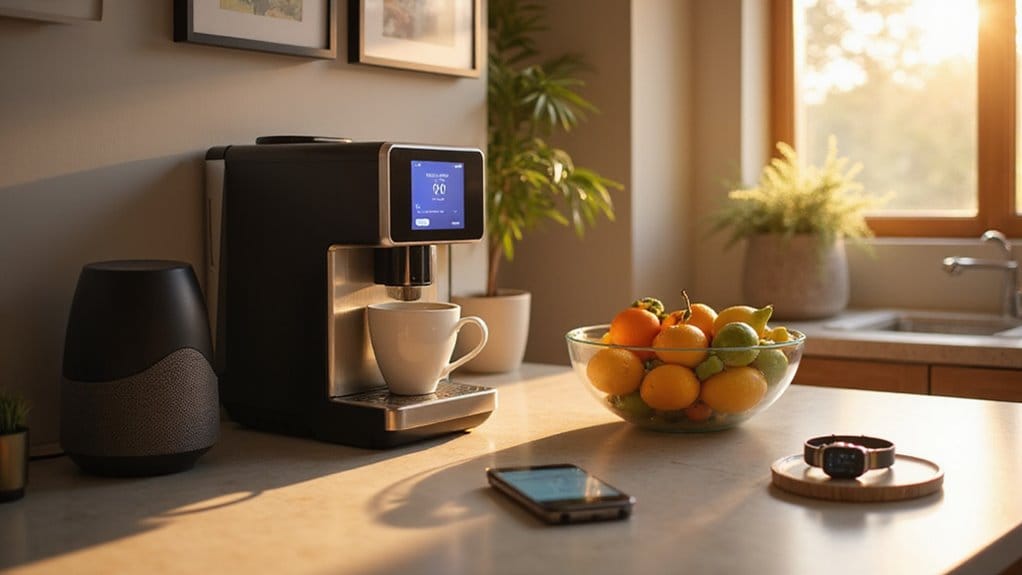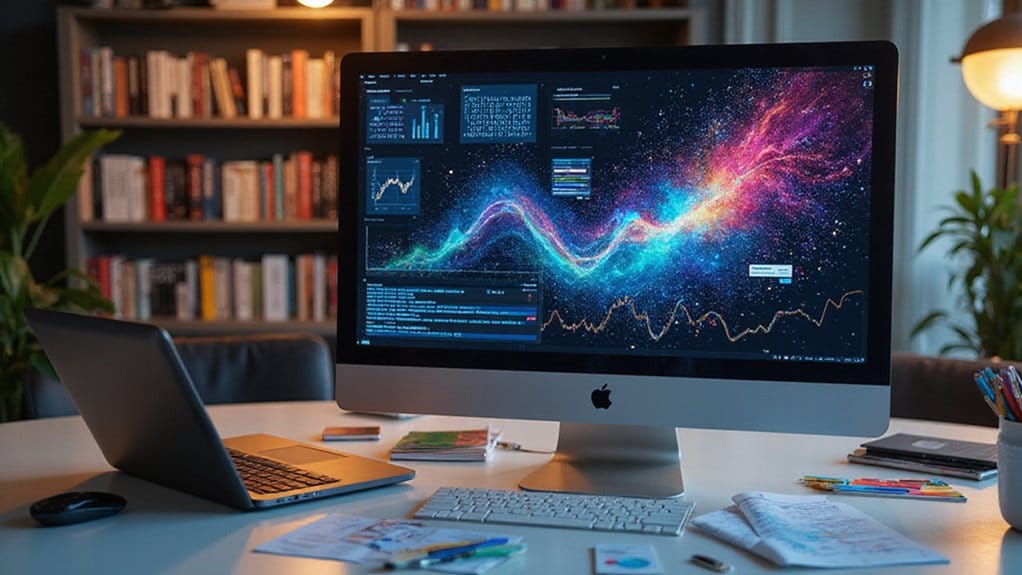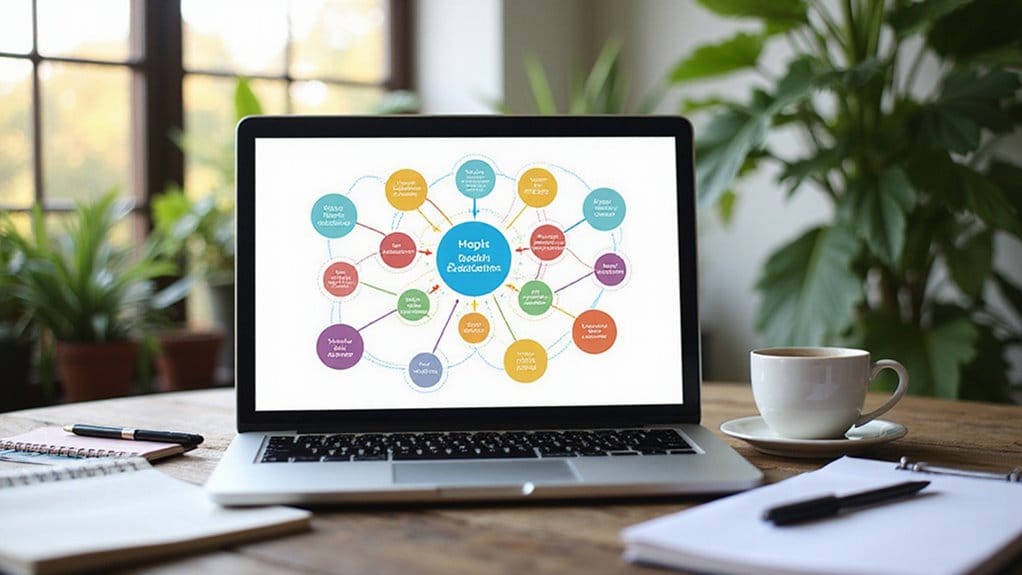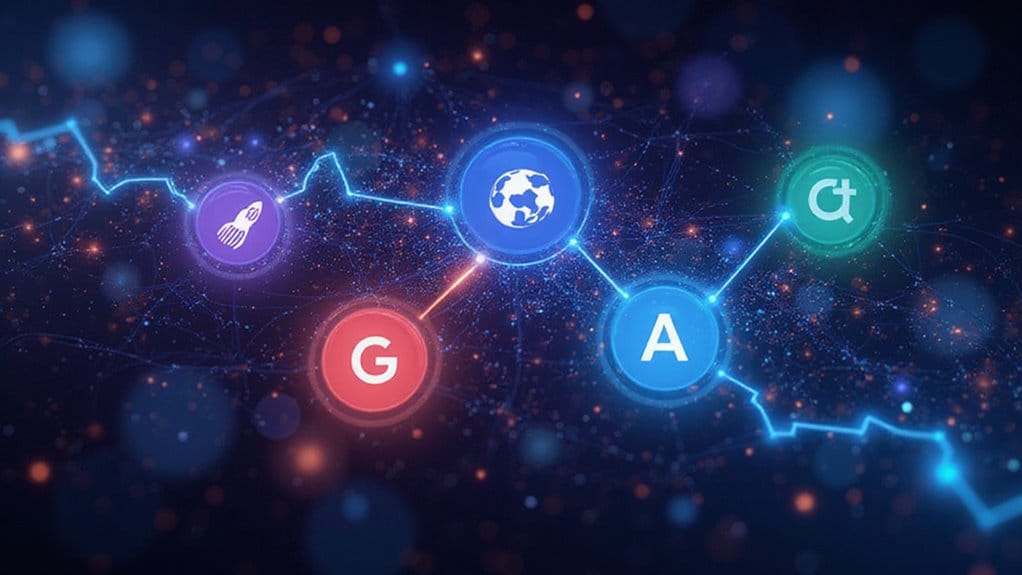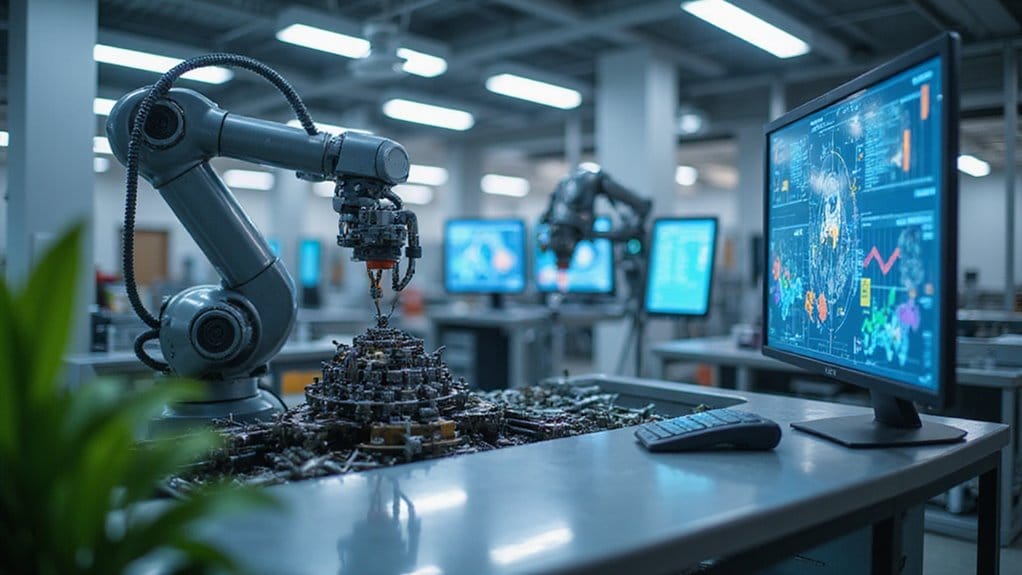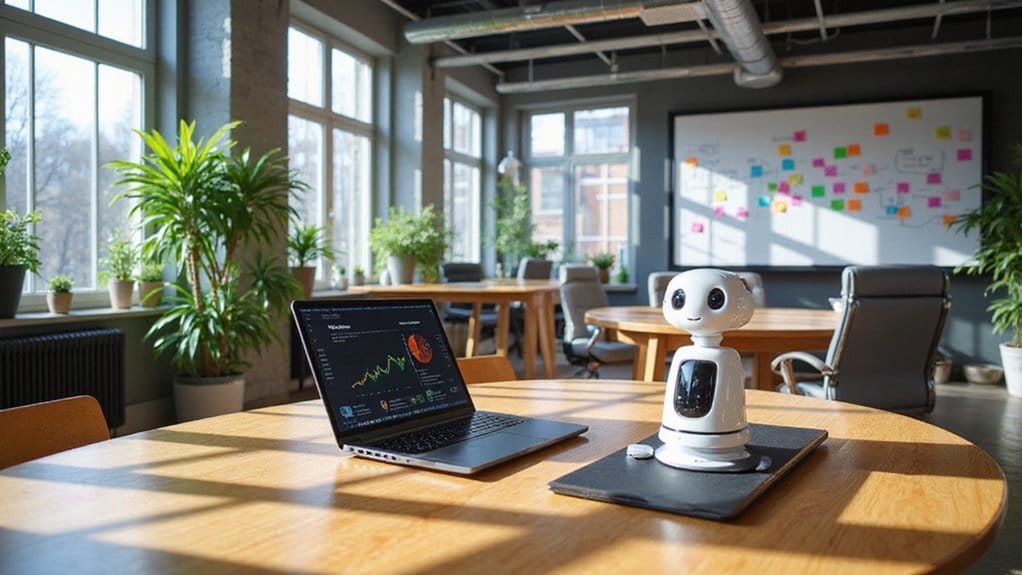AI is transforming daily life faster than you can say “Siri, brew my coffee.” From smart assistants managing your schedule to home automation systems adjusting your thermostat, tech is everywhere. It personalizes your shopping experience—hello, tailored recommendations! It even makes transportation smarter with navigation that reduces travel time. But wait, there’s more! Stay tuned to discover how these innovations are reshaping not just convenience, but the economy, your security, and maybe even your sanity.
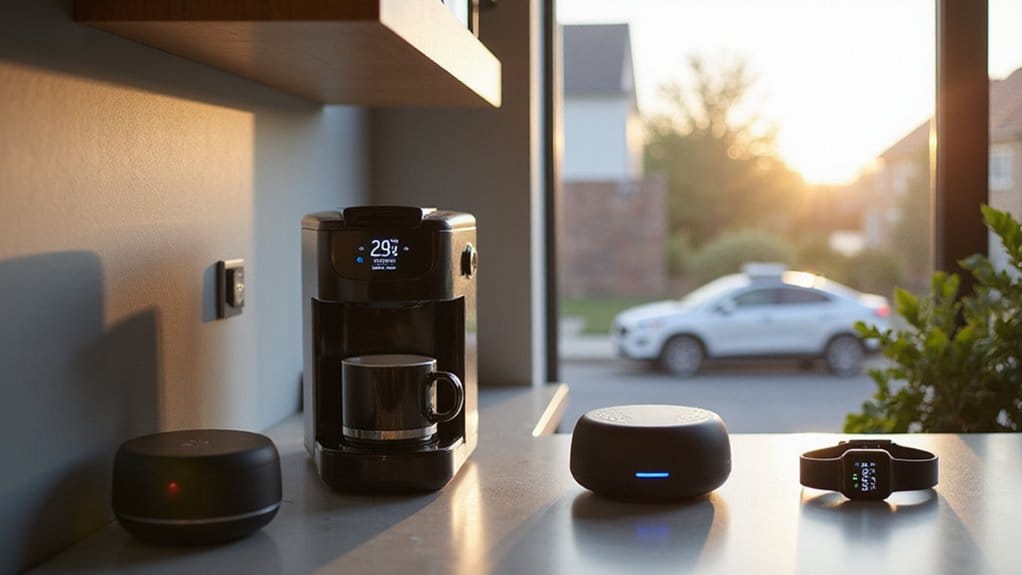
As technology marches forward, it’s hard to ignore how artificial intelligence (AI) is creeping into nearly every corner of daily life—whether you like it or not. From the moment you wake up, those digital voice assistants like Siri and Alexa are already managing your schedule, controlling your smart devices, and providing personalized responses that sometimes feel a little too personal. It’s a bit uncanny, isn’t it? But, let’s face it—who doesn’t love having their morning coffee brewed just right?
AI applications are not just limited to your morning routine. In the domain of smart automation, your home is now a tech-savvy fortress. Imagine that smart thermostat adjusting the temperature just the way you like it without you lifting a finger. Or picture your security system using face recognition technology to guarantee only you can access your device. Sounds like something out of a sci-fi movie, right? Yet, it’s a reality. Face recognition technology acts like a tiny AI bouncer, ensuring high accuracy in identifying authorized users. Additionally, the projected impact of AI on the global economy is set to boost GDP by $15.7 trillion by 2030, highlighting its significance beyond personal convenience. Moreover, AI is also being harnessed for fraud detection in various sectors to ensure security and efficiency.
Ever felt overwhelmed while shopping online? That’s where predictive analytics comes into play. The AI algorithms on platforms like Amazon and Netflix analyze your behavior, suggesting products and content tailored specifically to you. It’s like a virtual shopping assistant, minus the awkward small talk.
And let’s not forget about wearables! Those smartwatches track your health metrics, providing personalized fitness recommendations to help keep you in shape. Because, come on, who doesn’t need a little nudge to take the stairs instead of the elevator?
Now, if you think this AI invasion is all fun and games, think again. It’s also transforming transportation. Navigation apps are optimizing your route in real-time, while self-driving cars are working tirelessly to predict traffic patterns and enhance safety. So, buckle up—technology is not slowing down.
In every facet of life, AI is here to stay, making daily tasks easier, faster, and smarter. Embrace it or resist it, but you can’t ignore it!
Frequently Asked Questions
What Are Some Risks Associated With AI in Daily Life?
In daily life, AI brings significant risks that everyone should be wary of.
Privacy concerns? Absolutely! Your personal data is often up for grabs, leaving you vulnerable.
And let’s not ignore bias issues; AI can amplify unfairness, affecting decisions in education and healthcare.
So, stay alert! Protect your information and question AI’s choices.
Remember, just because it’s tech-savvy doesn’t mean it’s smart or fair.
Trust but verify, folks—your safety depends on it!
How Can AI Improve Mental Health Support?
AI can greatly enhance mental health support through innovative tools.
Imagine chatting with a friendly chatbot for therapy during a late-night crisis—no judgment, just help. Personalized apps can track your mood and offer tailored suggestions to boost your well-being.
Virtual counseling provides accessible therapy from home, breaking down barriers. So, don’t wait! Immerse yourself in these AI resources; your mental health deserves the upgrade.
Embrace the future; your mind will thank you!
What Ethical Concerns Arise From AI Usage?
Ethical concerns surrounding AI usage are nothing to shrug off.
First, there’s algorithm bias, which can lead to unfair results in hiring or loans—basically, it’s like letting a raccoon choose your next CEO.
Next, privacy issues loom large; AI needs data, and that means your personal info is at risk.
So, stay vigilant! Understand these challenges; they matter more than you think.
After all, nobody wants a raccoon in charge of their data, right?
Are There Job Losses Due to AI Advancements?
Job losses due to AI advancements are real, folks! The automation impact is evident, with 14% of workers already facing job displacement.
Think about it: as businesses automate, roles like claims adjusters and software engineers are at risk.
But don’t panic! Workforce adaptation is essential. Embrace reskilling and upskilling, or risk being left behind.
How Is AI Regulated in Different Countries?
AI regulation varies wildly across the globe. Countries adopt different AI policies, with some aligning with international standards while others create unique compliance frameworks.
For instance, the EU’s AI Act emphasizes human rights, while China has a strict framework for algorithmic systems. Nations like Canada and Japan are maneuvering their national guidelines, balancing innovation with safety.
